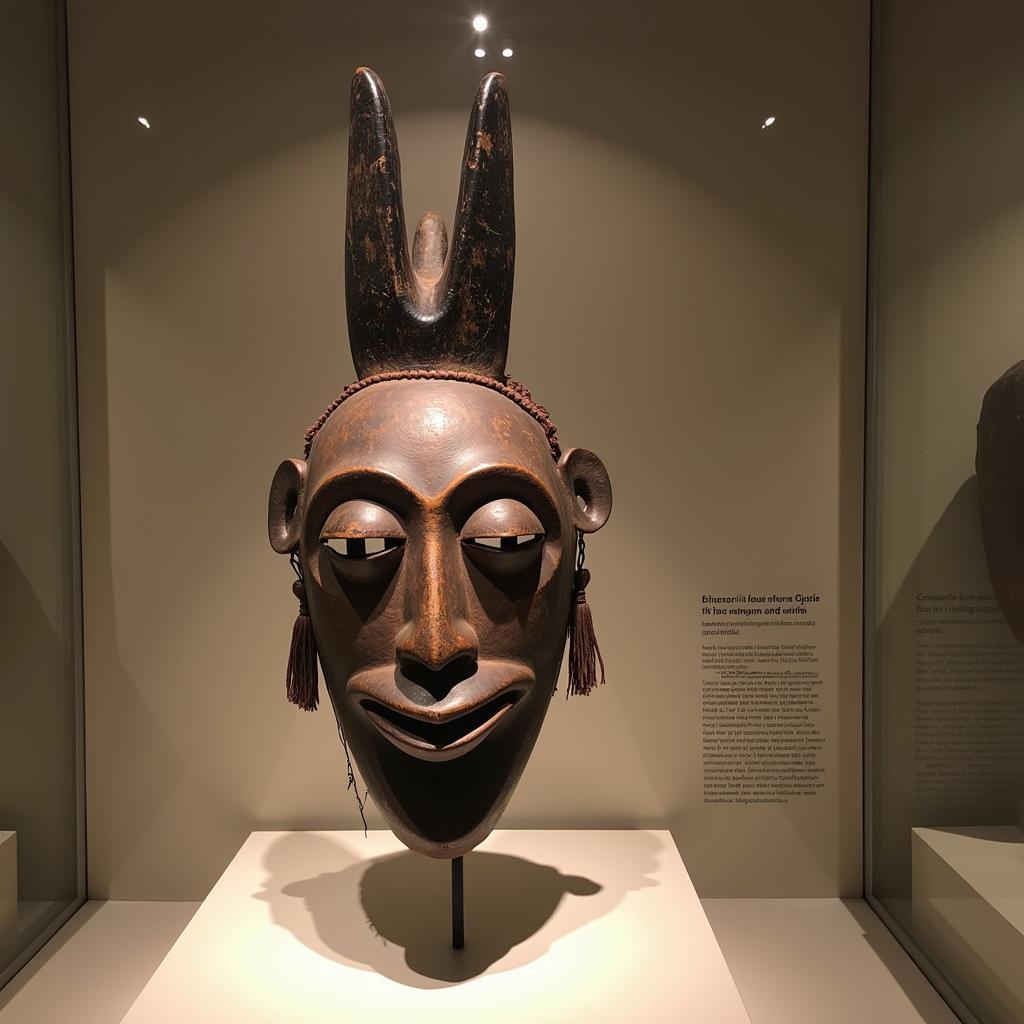African Bush Willow and Cancer: Separating Fact from Fiction
African bush willow, also known as Combretum molle, has garnered attention for its potential role in cancer treatment. This article delves into the existing research, traditional uses, and important considerations regarding African Bush Willow Cancer. We’ll explore the science behind the claims, separate fact from fiction, and provide a comprehensive overview of this complex topic.
Traditional Uses of African Bush Willow
For centuries, various parts of the african bush willow, including the bark, leaves, and roots, have been utilized in traditional African medicine. These uses range from treating infections and inflammation to addressing digestive issues and even certain types of cancer. While these traditional applications provide a historical context, it’s crucial to remember that they don’t necessarily equate to scientifically proven efficacy.
The Science Behind African Bush Willow and Cancer
Research into the potential anti-cancer properties of african bush willow is still in its preliminary stages. Some studies have indicated that certain compounds extracted from the plant, such as combretastatin, exhibit cytotoxic activity against cancer cells in laboratory settings. These findings are promising, but they are far from conclusive. More research, including clinical trials, is needed to determine the effectiveness and safety of african bush willow extracts for human cancer treatment.
What is Combretastatin?
Combretastatin is a prominent compound found in african bush willow that has shown promise in preclinical studies. It belongs to a class of compounds known as stilbenoids, some of which have demonstrated anti-cancer activity. While the research on combretastatin is encouraging, it’s important to understand that these studies are primarily in vitro (in test tubes) or in vivo (in animal models), and their relevance to human cancer treatment is yet to be fully determined.
Is African Bush Willow a Cancer Cure?
The short answer is: we don’t know yet. While some preliminary research suggests potential benefits, it’s premature to claim that african bush willow is a cure for cancer. It’s crucial to approach such claims with healthy skepticism and rely on evidence-based information. Many online resources may promote african bush willow as a miracle cure, but these claims often lack scientific backing. Always consult with a qualified healthcare professional before using any herbal remedies, especially if you have a cancer diagnosis.
Safety and Considerations
While african bush willow has a long history of traditional use, its safety profile for cancer treatment is not fully established. Potential side effects and interactions with other medications are still being investigated. It’s essential to discuss any use of african bush willow with your doctor, especially if you are pregnant, breastfeeding, or have pre-existing medical conditions.
Conclusion
African bush willow and its potential role in cancer treatment is a topic that requires further scientific investigation. While traditional uses and preliminary research offer glimpses of hope, it’s crucial to avoid making premature conclusions. Continued research is needed to fully understand the efficacy, safety, and potential applications of african bush willow in cancer care. Remember to consult with your healthcare provider before using any herbal remedies, especially if you are undergoing cancer treatment.
FAQ
-
What is african bush willow used for traditionally? Traditionally, it’s been used for various ailments, including infections, inflammation, and digestive issues.
-
Is there scientific evidence supporting the use of african bush willow for cancer? Research is preliminary, but some studies show promise in laboratory settings. More research, including human trials, is needed.
-
Can I use african bush willow to treat my cancer? No, it’s not recommended to use african bush willow as a standalone cancer treatment. Consult with your doctor before using any herbal remedies.
-
Is african bush willow safe to use? The safety profile is not fully established. Potential side effects and interactions are still being investigated.
-
Where can I learn more about african bush willow and cancer research? Reputable medical journals and organizations like the National Cancer Institute are good resources.
-
What are some other names for African bush willow? It is also known as Combretum molle.
-
What are the potential side effects of using African bush willow? The potential side effects are not fully known and are still under investigation.
Common Scenarios and Questions
- Scenario: A person recently diagnosed with cancer is considering using african bush willow.
- Question: Should they start using it immediately?
- Answer: No, they should consult with their oncologist before making any decisions about complementary therapies.
Further Reading and Related Topics
You might also be interested in learning about other traditional African remedies or exploring the latest advancements in cancer research. Check out our articles on [related topic 1] and [related topic 2].
For support, please contact Phone Number: +255768904061, Email: kaka.mag@gmail.com or visit us at Mbarali DC Mawindi, Kangaga, Tanzania. We have a 24/7 customer support team.




